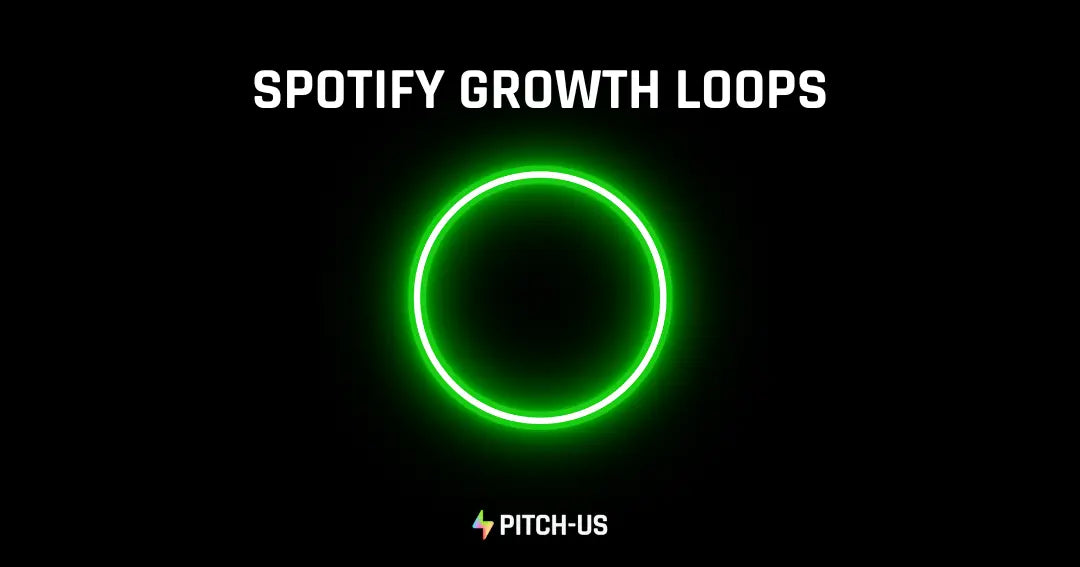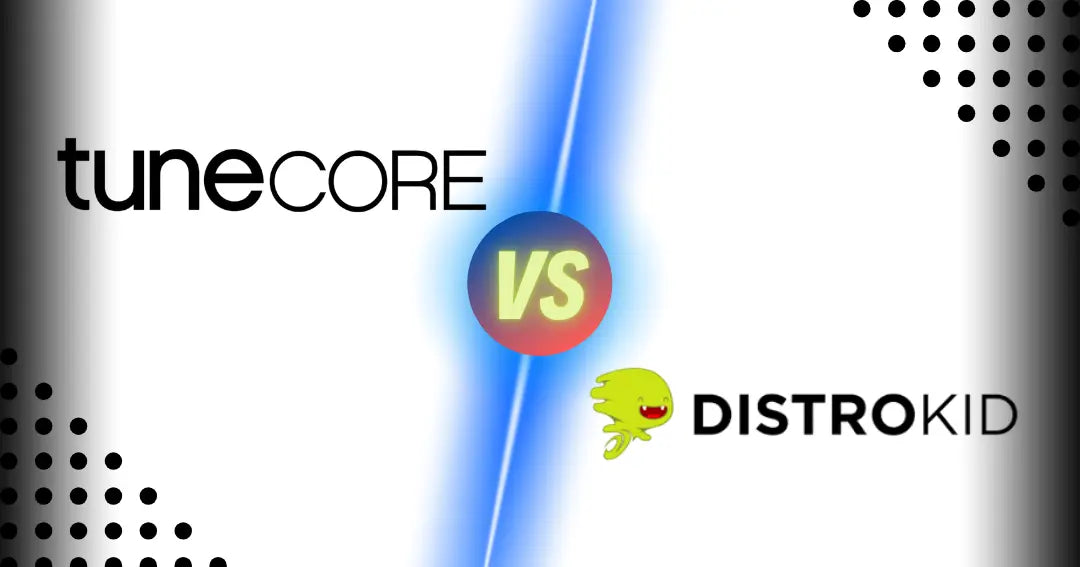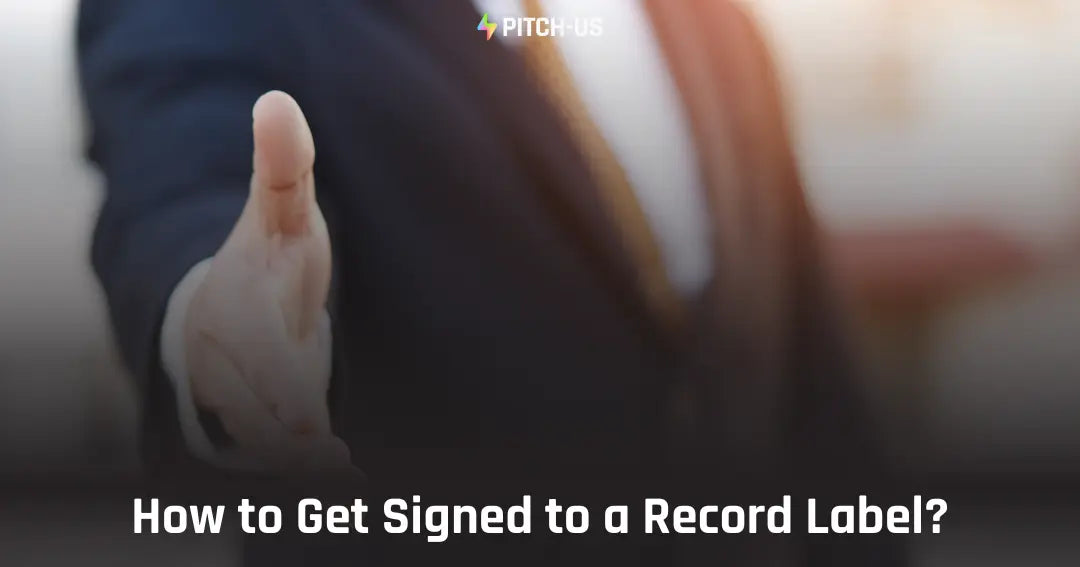What Are Spotify Growth Loops?
Spotify growth loops are a strategic approach to music promotion that turn every release into a catalyst for future growth. Instead of relying on one-time promotions, growth loops use feedback systems, playlist saves, repeat listens, and algorithmic triggers to build compounding momentum with each song.
Think of it like a snowball rolling downhill: the more traction you get, the easier it is to grow.
Why Traditional Promo Falls Short
Most artists treat each release as a one-off campaign: drop a single, blast it on social, maybe buy some playlist placements, and move on. The problem? That model burns out fast. The Spotify algorithm rewards consistency, engagement, and data flow, not one-hit pushes.
Growth loops fix this by using your data to build a self-sustaining engine.
The 3 Core Spotify Growth Loops
Let’s break down the most effective loops you can build on Spotify:
1. Release Radar Feedback Loop
How it works :
A fan follows you
You release new music
They see it on Release Radar
They stream, save, or share it
Spotify sees positive data → boosts you again
How to trigger it:
Grow your follower count consistently
Always pitch new releases via Spotify for Artists (at least 7 days before release)
Use pre-save campaigns to convert fans into followers
Announce new music early and drive attention to the follow button
Key metric: Follower → Stream conversion rate
2. Save-to-Stream Loop
How it works :
A listener saves your track
Spotify sees high save-rate early
You get pushed in Discover Weekly, “More Like This,” and algorithmic radio
More listeners = more saves → repeat
How to trigger it:
Ask fans directly to save your music
Incentivize saving (e.g. bonus content, merch drops)
Optimize your intro— first 30 seconds need to be 🔥
Target the right listeners with your ads (skip “mass playlists”)
Key metric: Save rate (saves ÷ listeners)
3. Playlist Chain Loop
How it works :
A track performs well on a small user-generated playlist
Spotify notices and starts recommending the track to playlist curators
Your track gets picked up by more playlists
More playlists = more reach = more data = bigger playlists
How to trigger it:
Focus on niche, quality playlists (not fake filler)
Build relationships with real curators in your genre
Track performance by playlist (audience retention, saves)
Double down on playlists that drive high save rates
Key metric: Playlist-to-save conversion
Real Growth Comes From Loops, Not Spikes
It’s easy to get obsessed with first-week numbers. But real, sustainable growth comes from long-tail performance—tracks that keep streaming 30, 60, even 180 days after release.
Spotify’s algorithm loves consistency. Growth loops are how you give it that.
Advanced Tips to Strengthen Your Growth Loops
- Run smart ads: Use Spotify growth data to feed Meta, TikTok, or YouTube campaigns, not the other way around
Use Marquee (if available): For big drops, it supercharges the Release Radar loop
Refresh old tracks: Promote catalog songs that are close to triggering loops
Map your funnel: Track how fans move from ad → listen → save → follow
Case Study: How One Artist Tripled Their Monthly Listeners Using Growth Loops
We worked with an indie pop artist releasing a song every 6 weeks. Instead of blasting ads each time, we focused on:
Converting followers via pre-saves
Targeting high-save-rate playlists
Retargeting listeners who saved songs
After 4 releases, their Release Radar streams doubled, Discover Weekly kicks in earlier, and they went from 25k to 80k monthly listeners, all without chasing playlist paywalls.
Let’s Build Your Growth Engine
If you’re tired of one-and-done promotion strategies and want to build an actual Spotify engine, something that scales with every release, we can help.
At Pitch-Us, we focus on long-term growth strategies like growth loops, algorithm triggers, and advanced audience targeting. Let’s turn your next release into a loop, not a spike.
FAQs
How long does it take to build a growth loop?
It typically takes 3–4 releases with consistent promotion and data tracking to see full momentum.
Are growth loops only for big artists?
Nope. In fact, they work best when you’re under 100k monthly listeners—Spotify’s algorithm is always looking for fresh signals.
Do I need to release music constantly?
Consistency helps, but quality trumps quantity. Releasing every 6–8 weeks with strong promo is ideal.





1 comment
Adamis Noriega
I have read How to Get Signed to a Record Label [Step-by-Step Guide for Indie Artists] I’m glad that your site were recommended.
Leave a comment
This site is protected by hCaptcha and the hCaptcha Privacy Policy and Terms of Service apply.